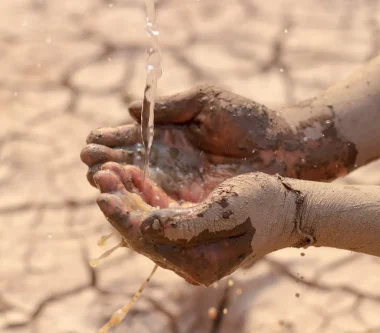Water is an essential resource in daily life, but we often don’t realize how much we’re using in our homes. Efficient water usage is not only crucial for reducing bills but also for protecting the planet and ensuring sustainable usage. In this article, we’ll explore what the average water consumption is for a household and how it varies depending on the number of people.
What is the Normal Water Consumption for a House?
Water consumption in a household depends on factors like the number of residents, daily habits, and the efficiency of appliances. On average, a standard household consumes between 100 and 150 liters (26–40 gallons) of water per person per day. This figure varies depending on common activities:
- Showers and baths: These account for nearly 40% of daily water usage. A 5-10 minute shower can use between 50 and 100 liters (13–26 gallons).
- Toilet flushing: Each flush uses between 6 and 10 liters (1.5–2.6 gallons), contributing significantly to daily consumption.
- Cooking and drinking: Activities like drinking water, cooking, and washing dishes use around 10–15 liters (2.6–4 gallons) daily.
- Laundry and cleaning: A washing machine uses between 40 and 60 liters (10–16 gallons) per cycle, while other cleaning tasks vary based on the method used.
- Gardens and pools: Watering gardens and maintaining pools can considerably increase total household consumption.
While these figures represent averages, homes with efficient appliances, water-saving technologies, and sustainable habits can reduce their consumption by up to 30%.
How Many m³ of Water Does One Person Consume Per Day?
When measured in cubic meters (m³), the average water consumption per person is around 0.1 to 0.15 m³ per day, which translates to 100 to 150 liters (26–40 gallons). Over the course of a year, this amounts to approximately 36 to 55 m³ per person.
This consumption is distributed as follows:
- Basic activities (showers, personal hygiene): 70–80 liters (18–21 gallons) per day.
- Cooking and drinking: 10–15 liters (2.6–4 gallons) per day.
- Household cleaning and laundry: 20–30 liters (5–8 gallons) per day.
However, this average can vary significantly in warmer regions, where people tend to shower more often, or in homes with large gardens and pools that require more water.
The Importance of Conscious Water Consumption
Given that access to clean drinking water is a global challenge, every drop counts. Implementing responsible habits at home not only reduces bills but also helps preserve natural resources. Small changes, such as taking shorter showers, reusing water for irrigation, and using efficient appliances, make a big difference.
GENAQ: Sustainable Technology for Water Efficiency
In this context, innovative solutions such as GENAQ’s atmospheric water generators can transform water management in homes and communities. These devices capture humidity from the air and convert it into pure drinking water, eliminating dependence on traditional supplies and helping reduce waste.
For example, models like the GENAQ Stratus are ideal for homes and offices, as they autonomously generate high-quality drinking water without the need for complex infrastructure, contributing to more efficient and sustainable consumption.
Water consumption in a household is directly related to our daily habits and efficient use of resources. Reducing waste and opting for innovative solutions, such as those offered by GENAQ, are key to ensuring this vital resource is available for future generations. Every action matters, and the change starts at home.
Comments



